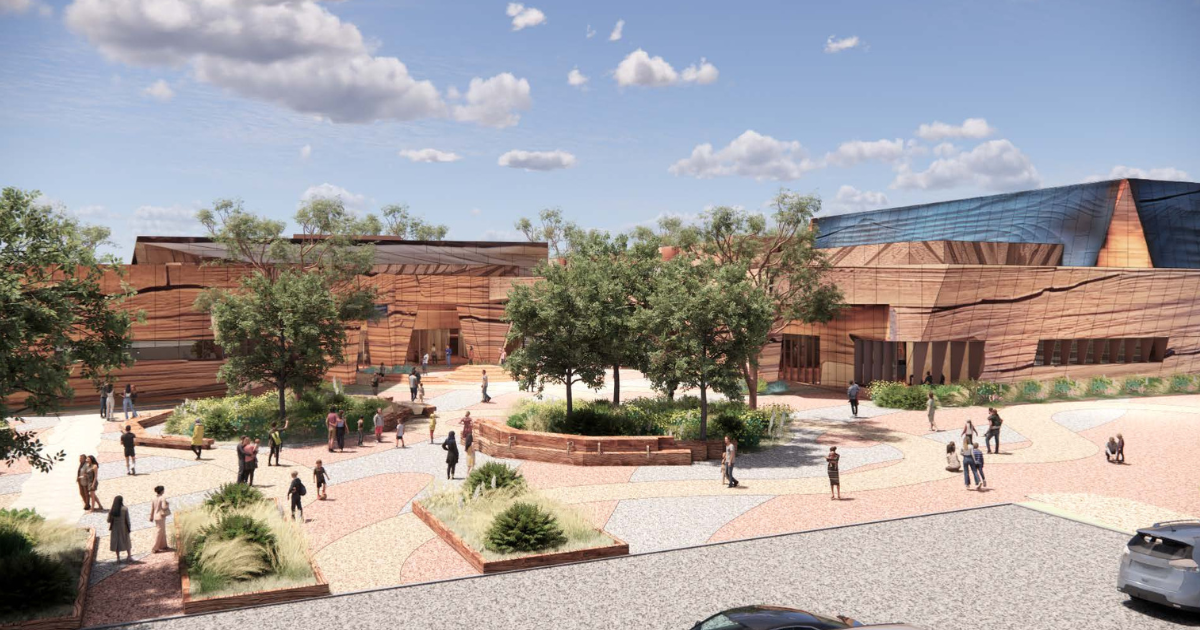Looking after each other as we ask ‘R U OK?’
TODAY is ‘R U OK? Day’ and it feels as though this year, more than ever, it’s a conversation we need to be having with our friends and loved ones.
The past 18 months have been incredibly tough, and many people I talk with are saying that the most recent lockdown has had the most dramatic effect yet on their wellbeing.
I am particularly concerned about young people whose education, recreation and social lives have been so monumentally disrupted by COVID-19.
It’s important that we all work together as a community to support our young people, and do everything we can to connect with them and encourage them to seek help if it’s needed.
I’ll be one of several City of Greater Geelong councillors promoting the importance and value of R U OK? Day via social media.
The day is about connecting with the people around us to find out if they’re struggling. While these can be difficult conversations, they might change someone’s life.
Organisers stress that you don’t need to be an expert, and that these check-ins with loved ones can be done everyday. They don’t have to be confined to this annual date on the calendar.
Last week, Victoria’s chief psychiatrist Neil Coventry spoke publicly about the impact the pandemic is having on children, teenagers and their parents and caregivers.
As a mother of two boys – one in year 12 and the other in year 10 – I can certainly understand some of these challenges.
He made some practical suggestions such as maintaining routines which include a balance between study time and relaxation and exercise, as well as adequate time for rest and sleep.
Some families find it helpful to break up the week with a movie or board games session or a night when a special dessert is on the menu. This can help to create structure in these rudderless times.
He also encouraged regular conversations and checking in, and stressed the importance of acknowledging the feelings of children and teenagers and helping them to understand how they can manage their distress.
The R U OK? website has great advice on how to approach a discussion – visit ruok.org.au.
Locally, I know that providers such as headspace and Barwon Health are working really hard to provide opportunities for schools, students and parents/carers to get information and access to wellbeing services.
The City of Greater Geelong’s youth development team is working on an initiative to help keep young people socially connected and within reach of professional support during the upcoming school holidays.
Mental health has been the No.1 priority focus for our Youth Council, and the youth development team have been doing excellent work in this space for some time.
They’ve delivered mental health first aid courses for more than 3800 young people, parents, caregivers and teachers across our region since 2019.
Mental health first aid teaches people to recognise the signs of a developing mental health issue and provide assistance until professional help can be sought.
This year the mental health first aid program has been expanded to include specialised courses specifically tailored to any adult wishing to provide support to older people.
Around 65 participants have completed this particular course so far. If you’re interested, you can contact the Connected Communities team at [email protected].
Alongside the mental toll, we know that one of the greatest impacts of the pandemic is the financial stress it has caused to many people who were already doing it hard.
Local food relief agencies have taken on even greater importance, and are doing an incredible job servicing an increased demand.
The council made a landmark decision in 2020 to commit $1.7 million over five years to support an expansion of our region’s food distribution and storage capacity.
From this, $1 million went towards renovating a building in North Geelong to make it fit-for-purpose as the new home of the Geelong Food Relief Centre. That work was completed in May.
For more information about the Geelong Food Relief Centre, including how to access food, visit geelongfoodrelief.org.
Please continue to look after yourselves and each other during these uncertain times, and I urge anyone experiencing mental health challenges to seek help.
In a crisis, please call lifeline on 131 114.
Cr Kylie Grzybek


















